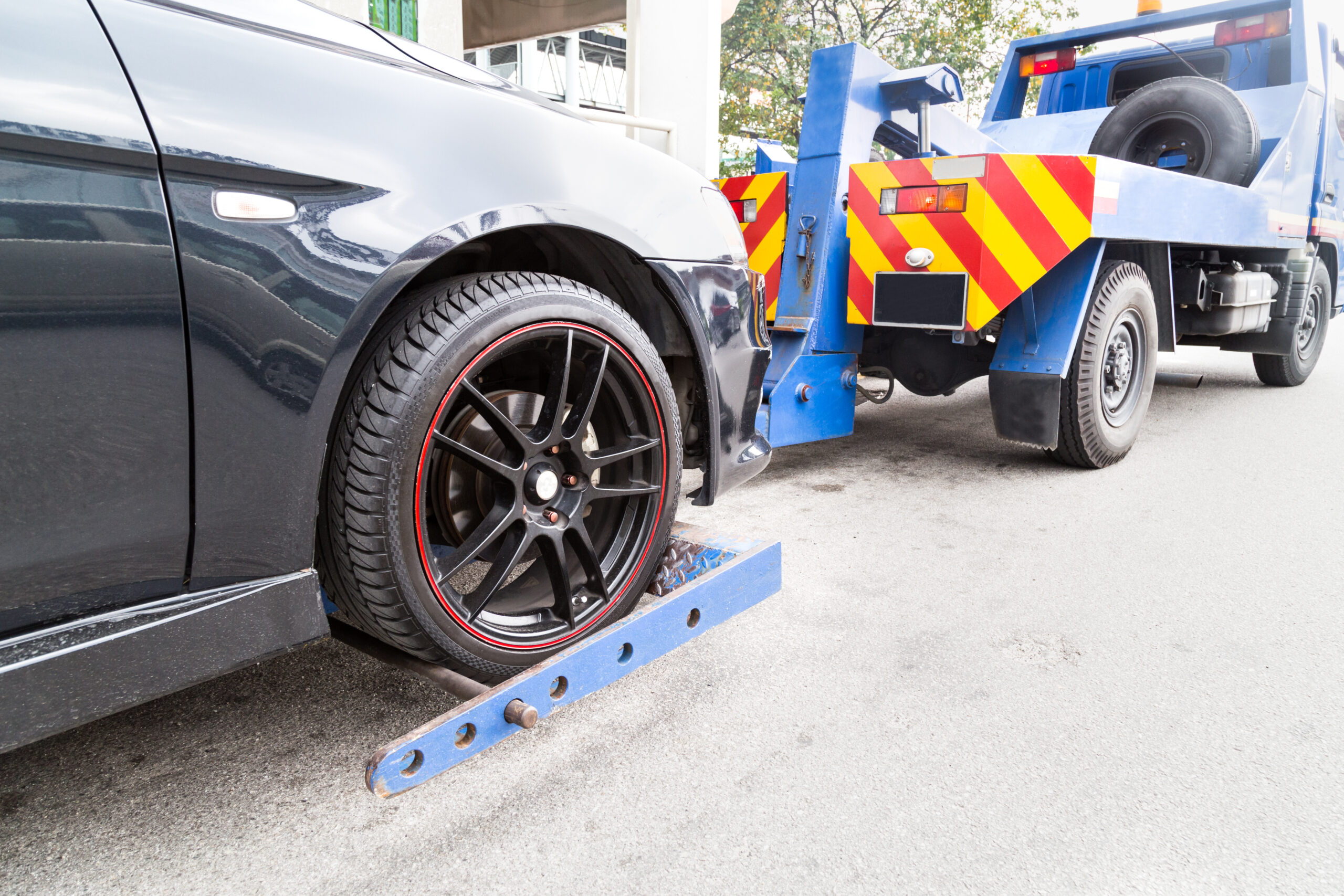Introduction
ISO Certifications for Automobile Towing in the U.S.: In the highly competitive and regulated industry of automobile towing, operational efficiency and compliance are not just options but necessities. Here at Pacific Certifications, accredited by ABIS, we understand that achieving a balance between these two elements can be challenging. ISO certifications are instrumental in attaining this equilibrium, and in this blog post, we delve into the various ISO standards applicable to the towing industry in the U.S., their requirements, and the multitude of benefits they offer.
Applicable ISO Standards for Automobile Towing in the U.S.
ISO 9001: Quality Management
The ISO 9001 standard focuses on quality management systems, aiming to streamline operations and deliver consistent, high-quality services. For a towing company, this could mean a more efficient dispatch system or higher rates of customer satisfaction.
ISO 14001: Environmental Management
Given the environmental impacts of automobile towing, such as fuel consumption and emissions, ISO 14001 can be particularly beneficial. It helps organizations build an effective Environmental Management System (EMS) to reduce their carbon footprint.
ISO 45001: Occupational Health and Safety
Employee safety is paramount in an industry that involves heavy machinery and constant road travel. ISO 45001 concentrates on enhancing occupational health and safety management systems, thereby reducing the rate of incidents and ensuring employee well-being.
ISO 27001: Information Security Management
As businesses become increasingly digital, protecting sensitive customer information is crucial. ISO 27001 lays down the framework for securely managing this data, which is especially vital when handling personal and vehicle details.
Requirements for ISO Certifications for Automobile Towing in the U.S.
Documentation
Well-maintained records are a prerequisite for achieving ISO certification. These documents validate the organization’s commitment to adhering to international standards.
Audits
Audits are conducted to assess whether the processes in place meet the ISO criteria. Any gaps identified must be addressed promptly.
Continuous Improvement
ISO standards are not a one-time badge of honor but require ongoing efforts for continual improvement.
Employee Training
Employees should be adequately trained and educated about the ISO standards and their relevance to their specific roles.
Benefits of ISO Certifications for Automobile Towing in the U.S.
Enhanced Credibility
In an age where consumers are becoming increasingly aware, an ISO certification serves as an emblem of reliability. According to a study published in the “Journal of Operations Management,” companies that have attained ISO certifications have seen an increase in their overall market credibility.
Operational Efficiency
Process optimization is a direct result of ISO implementation. Research in “Management Science” indicates that companies with ISO certification reported a 9% increase in operational efficiency compared to those without.
Risk Mitigation
An essential aspect of ISO standards like ISO 45001 is the reduction of workplace hazards. This not only safeguards the well-being of employees but also significantly minimizes legal liabilities.
Competitive Advantage
ISO certification can also be a distinguishing factor when vying for business contracts, especially with government agencies that often require vendors to adhere to certain quality benchmarks.
Conclusion
ISO certifications offer a strategic pathway for towing companies to elevate their operational standards while demonstrating a commitment to quality, safety, and environmental responsibility. At Pacific Certifications, accredited by ABIS, we are dedicated to guiding you through the maze of these standards, helping you meet their requirements and capitalize on their benefits. Feel free to reach out to us for your certification needs and ensure your towing business stands head and shoulders above the competition.


